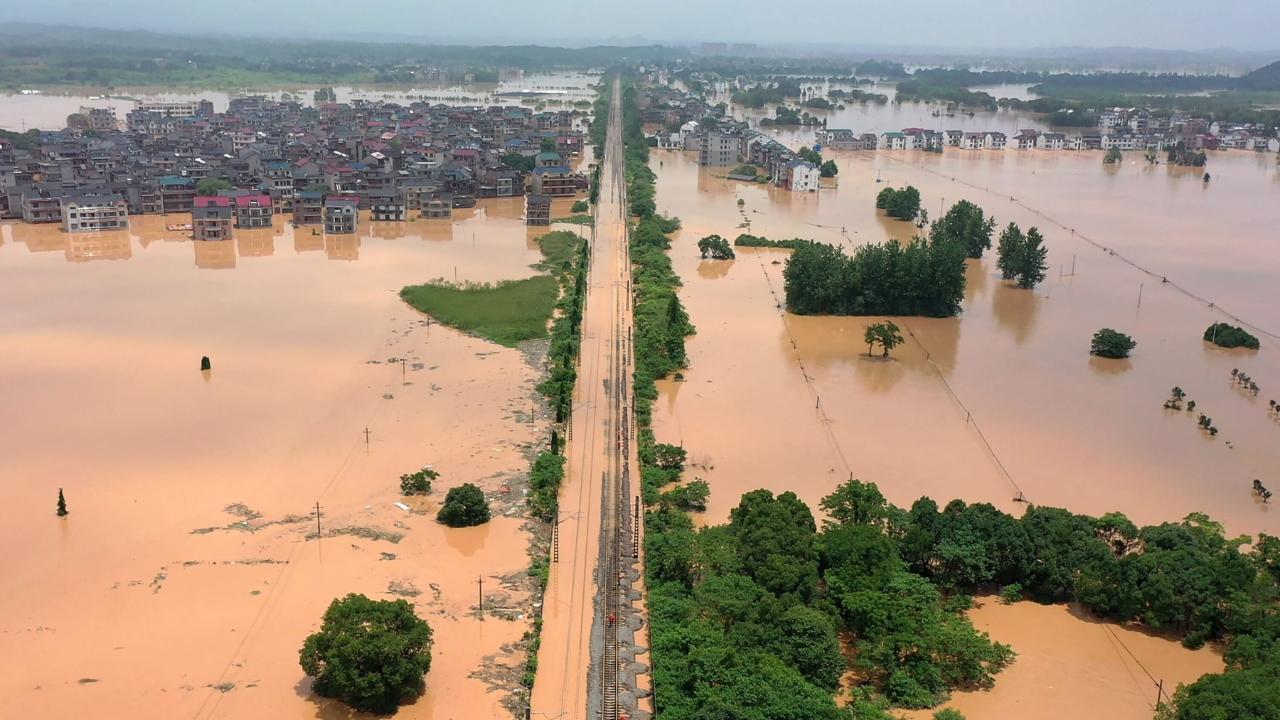
Post by : Monika
Photo: Reuters
In today’s world, almost every country is trying to do something to stop climate change. Governments create laws and rules hoping to protect the planet, like making companies pollute less or telling people not to cut down so many forests. But sometimes, these good intentions create new problems, especially when it comes to buying and selling things between countries.
Imagine this: One country creates a new rule to protect the environment. For example, it bans buying products that caused trees to be cut down or charges extra money on things made in ways that cause pollution.
Other countries—often poorer or still developing—feel that these rules hurt their farmers and businesses, and make it much harder for them to sell goods to rich countries. They say it’s not fair, especially if their products are blocked or cost more just because of where they come from.
This is what is happening now between the European Union (EU) and countries like Brazil, India, and South Africa. The European Union has made tough new climate rules. For example, starting December 2025,
it will ban products linked to cutting down forests. Then, in January, the EU will charge extra fees (carbon border taxes) on steel and cement that come from countries not doing enough to reduce pollution.
Brazil and other developing nations are not happy. They are worried that these new rules are making trade much harder for them. They want to talk about these problems with Europe directly and find solutions—before it turns into bigger trade fights that could hurt everyone.
What is Brazil Proposing?
Brazil wants to set up a special group, called a forum, where countries can openly talk about how climate rules and trade rules are mixing and what problems are coming up. The idea is that if countries can talk together, they might solve issues more quickly and fairly.
This is important for a few reasons:
No current group focuses on these exact issues. The World Trade Organization (WTO) discusses trade, but does not really talk about climate rules. The United Nations (UN) climate talks discuss the environment but don’t dive deep into the trade side.
Developing countries feel left out. Brazil says the voices of developing countries are often not heard fairly in places like the WTO or in big climate meetings.
Stopping trade fights before they start. If countries can share problems and ideas in this forum, they could find fair solutions and stop trade wars before they begin.
Brazil is planning to present this idea during big meetings in two places: at the WTO’s public forum and at the United Nations Climate Change Conference, also called COP30, which will happen in Brazil in November.
How Will This New Forum Work?
The new forum is meant to be more than just a talking shop. Brazil wants it to be a real working group with clear tasks and goals. Here’s how it would work:
Two working groups: One group will focus on how climate and trade rules mix. The second group will look at how to help countries switch from polluting energy to cleaner, greener energy.
Meetings every few months: Officials who are experts in climate and trade will meet regularly, not just once a year.
Sharing new ideas: Countries can present technology or ways to track things like deforestation in fair, cheap ways, so even poorer countries can follow the rules.
Finding quick solutions: If a country feels hurt by another’s climate rule, they can bring up the complaint and look for a solution, rather than wait for years like in the past.
Examples of the Problems This Forum Would Tackle
Let’s look at some real examples:
1. The EU’s Anti-Deforestation Law
Starting in December 2025, Europe won’t buy products like beef, coffee, and soy if they are linked to deforestation. Brazil, the world’s biggest exporter of beef and soy, fears its farmers will lose money, even when they’re trying to protect the environment. Brazil wants fair and affordable ways to prove that its products are not linked to cutting down forests.
2. The EU’s Carbon Border Tax
Europe says companies there have to pay when their factories pollute, but foreign companies don’t have to. From January 2026, the EU will charge extra taxes on things like steel and cement made in countries where the factories create a lot of pollution. Brazil and others say that this makes it harder for them to sell to Europe and is not fair, especially if their economies are not as rich.
3. Trade and Climate Overlap
Sometimes climate rules make trade rules more complicated. For example, a country might have to fill out a lot of paperwork, pay for new checks, or use expensive tools to track pollution and tree cutting—things that richer countries can handle, but poor countries cannot.
What Does Brazil Want from This Forum?
Brazil hopes this forum will allow all countries—rich and poor—to have a fair say over how climate rules are made, and how they change world trade. Here is what Brazil hopes to achieve:
What Does Europe Say?
Why Does This Matter for the Whole World?
Brazil’s Past Work on Climate and Agriculture
Brazil has already created several plans to balance the needs of the environment and its economy, especially in agriculture. Brazil’s “Low-Carbon Agriculture Plan” aims to help farmers use more sustainable practices and cut greenhouse gases,
while still increasing food production. Brazil has also worked with international partners to create programs that support small farmers, protect forests, and include local communities.
Such programs show that Brazil is serious about doing its part and wants to be treated fairly when new climate rules affect trade.
Brazil’s proposal for a new forum is about fairness and getting everyone around the same table. The world cannot solve climate change if some countries are left behind or feel hurt by the rules.
This new group could be a way for countries to share worries, find smart solutions, and make sure that fighting climate change is something all countries can do—together and fairly.
Now, as the world gets ready for big climate talks at COP30, all eyes are on Brazil and what leaders will decide. The hope is that with more talk and more teamwork, both the earth and people’s lives will be protected for the future.
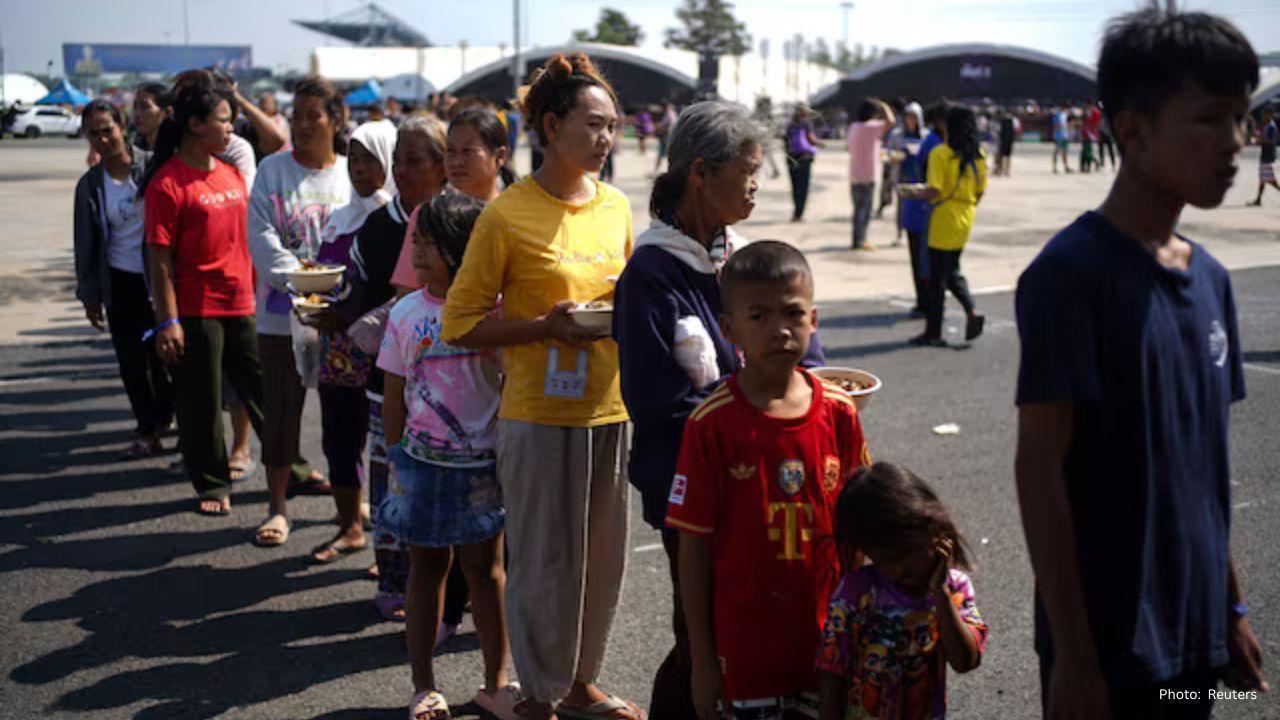
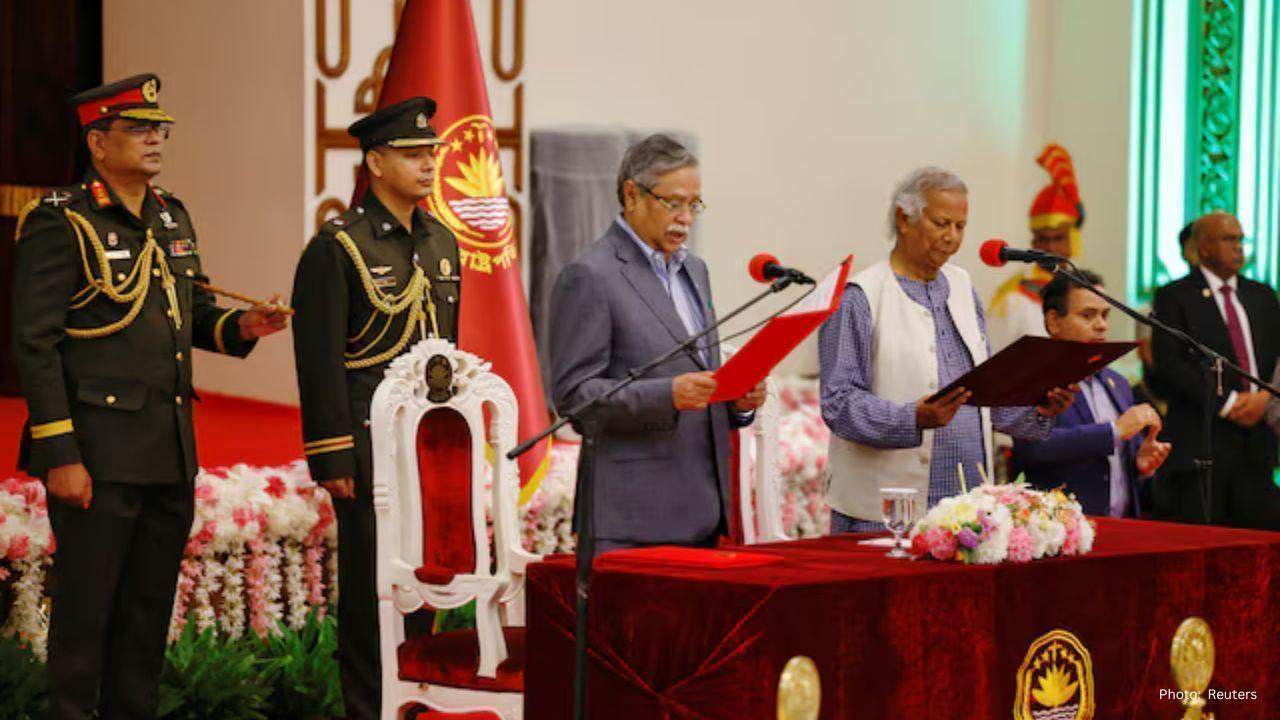
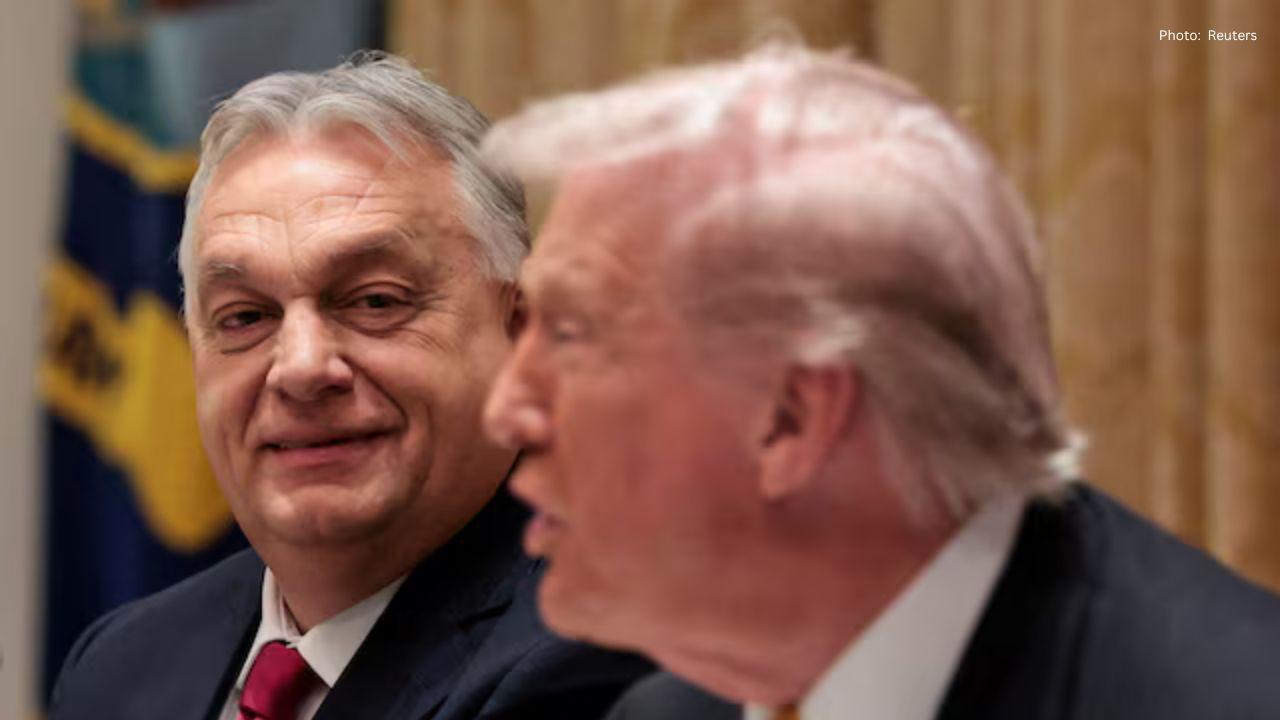
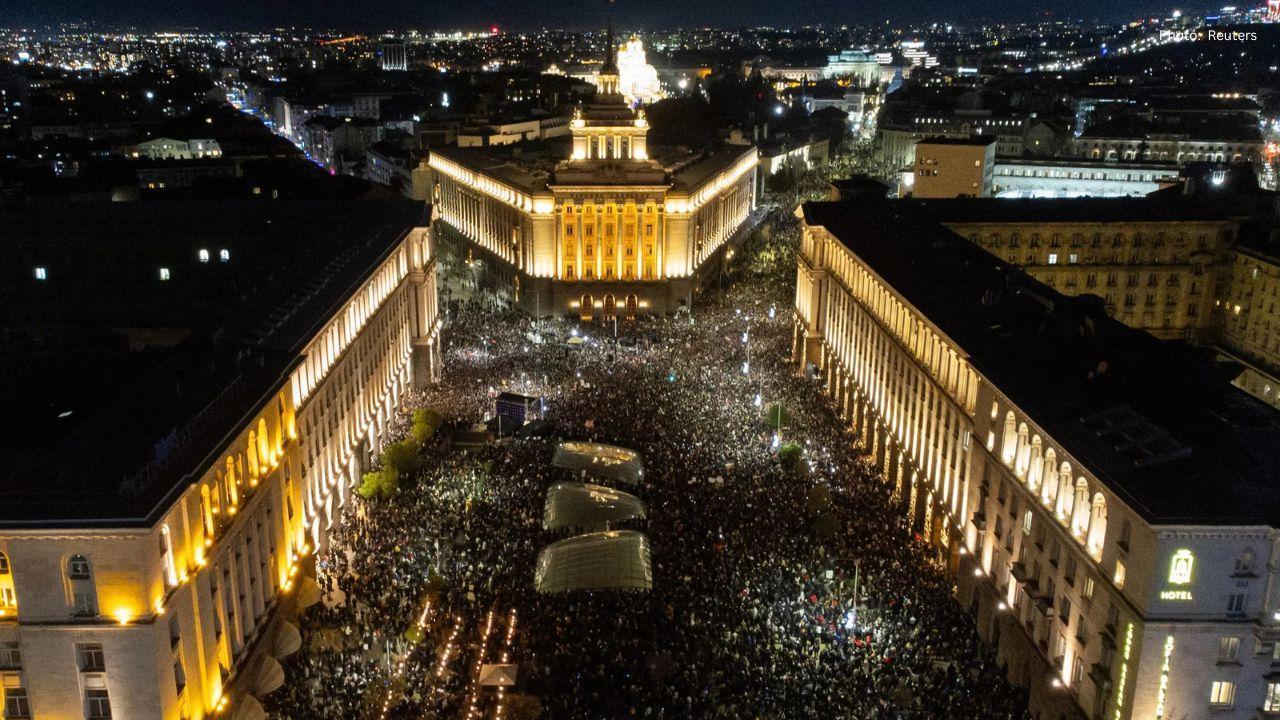
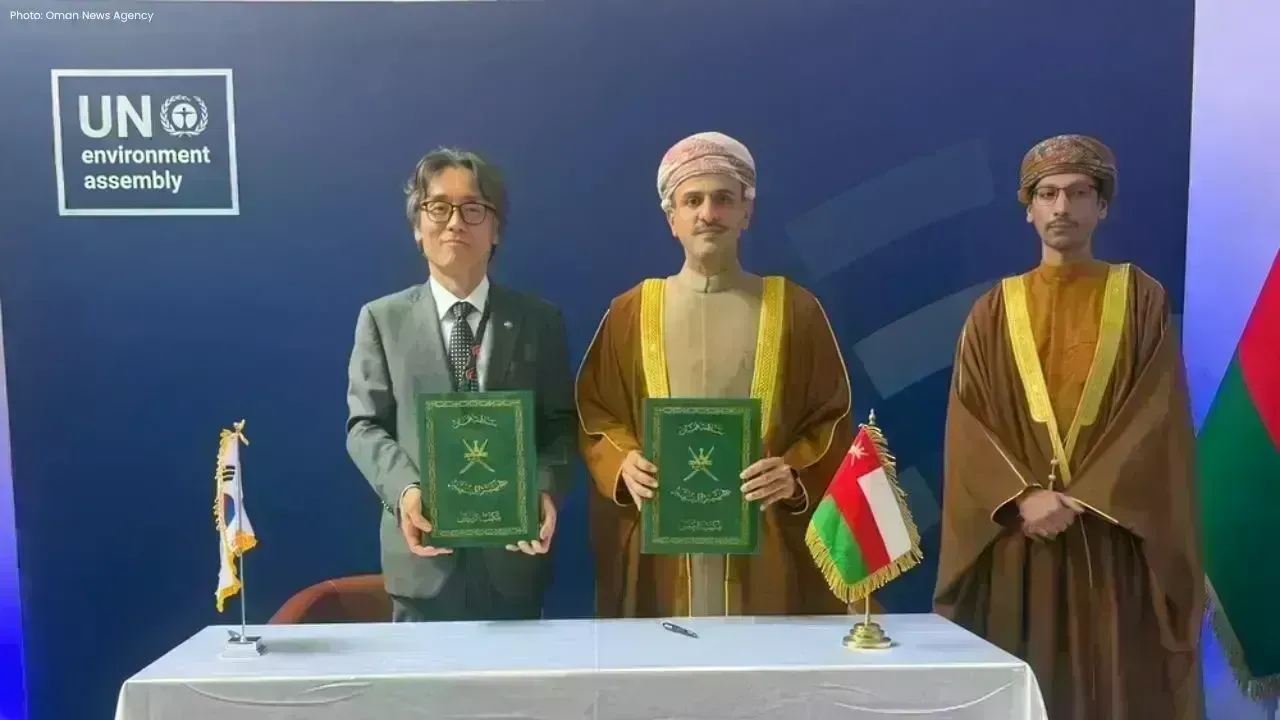
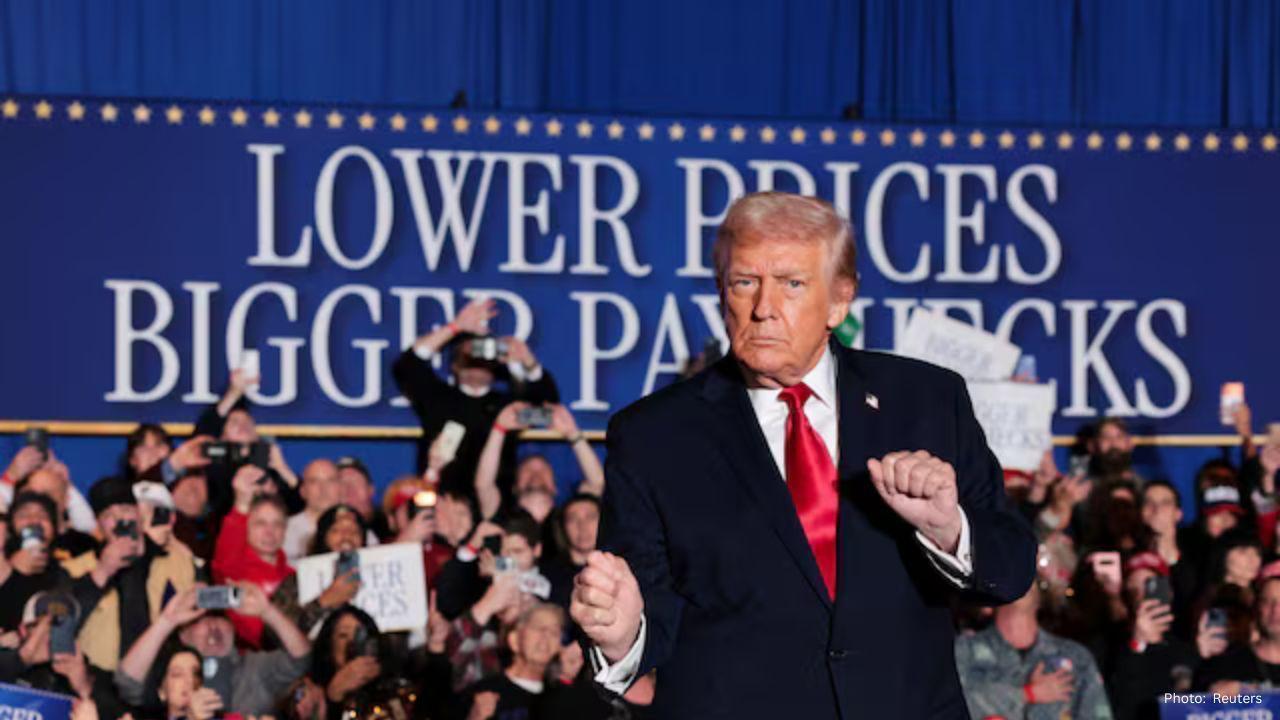
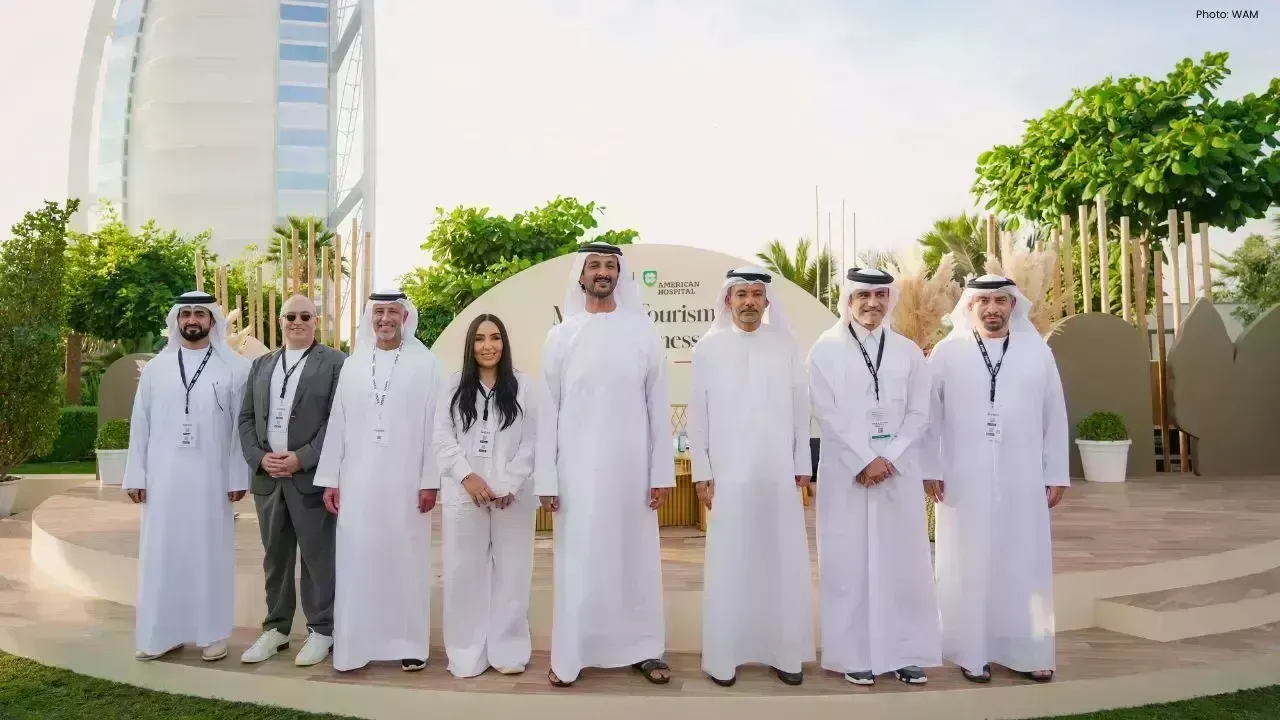
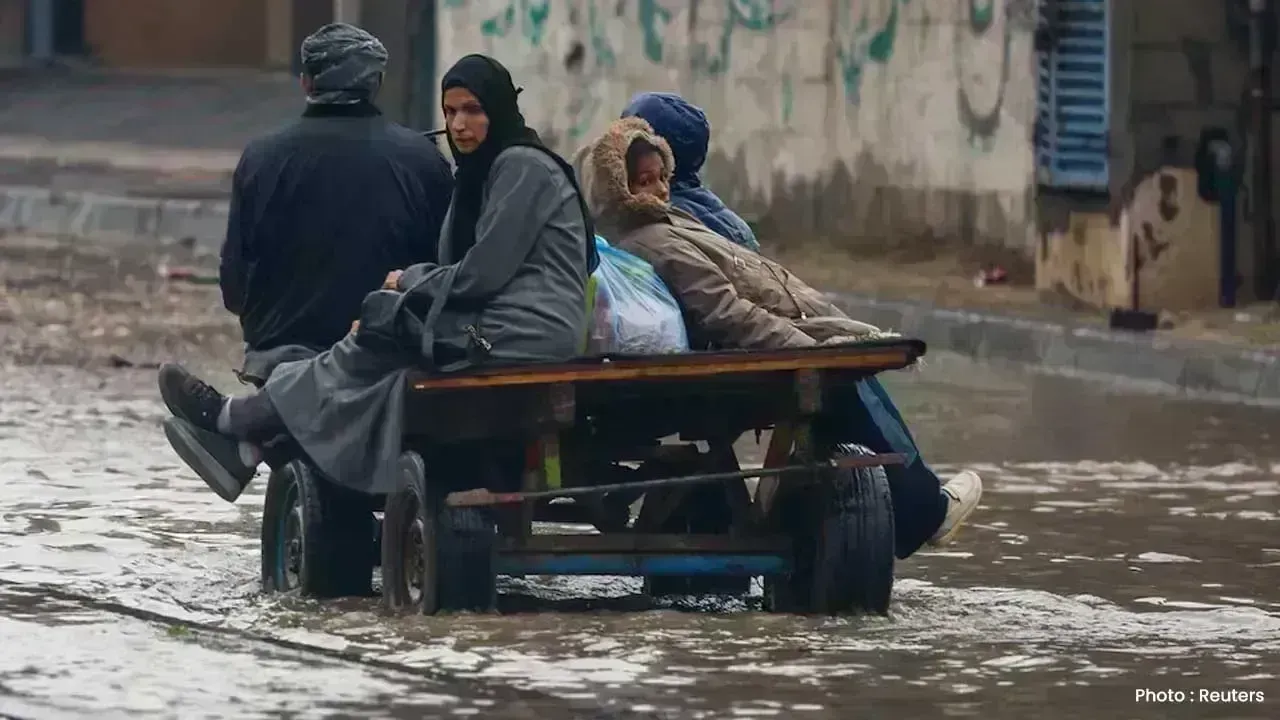
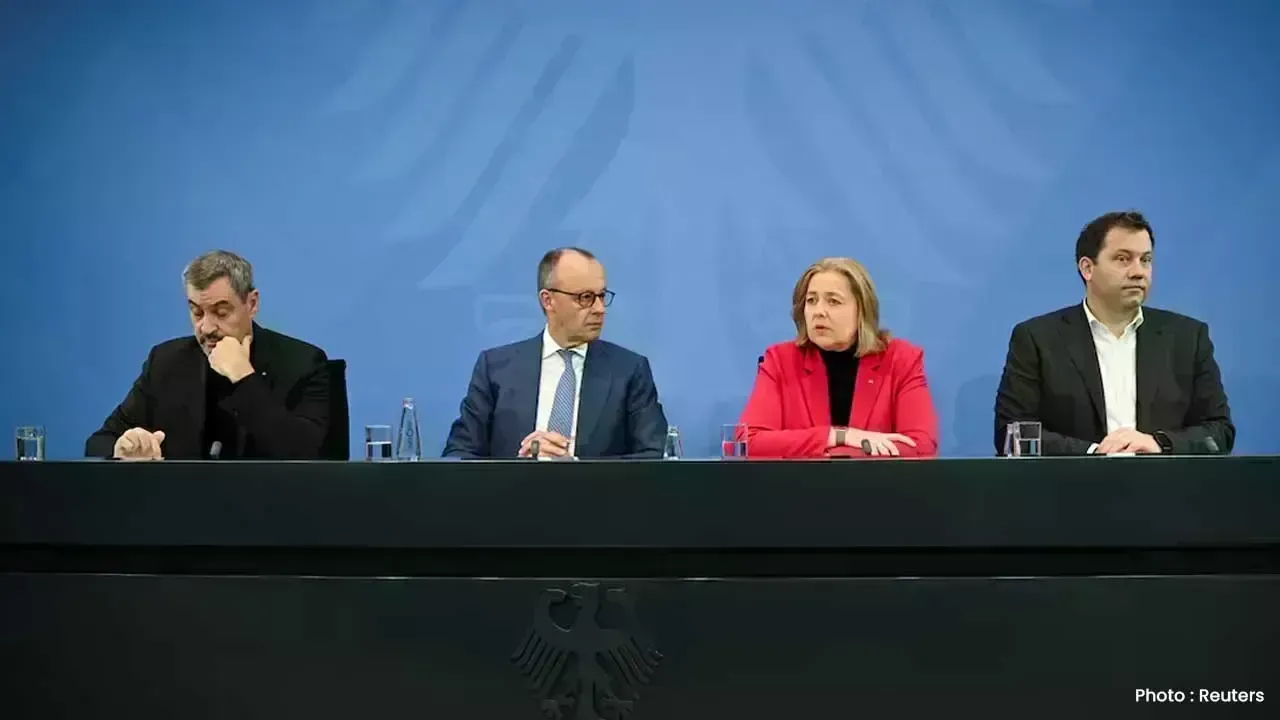

OpenAI Highlights Growing Cybersecurity Threats from Emerging AI Technologies
OpenAI has raised alarms about the increasing cyber risks from its upcoming AI models, emphasizing s

Manchester City Triumphs 2-1 Against Real Madrid, Alonso Faces Increased Scrutiny
Manchester City secured a 2-1 victory over Real Madrid, raising concerns for coach Xabi Alonso amid

Cristiano Ronaldo Leads Al Nassr to 4-2 Victory Over Al Wahda in Friendly Face-Off
Ronaldo's goal helped Al Nassr secure a 4-2 friendly win over Al Wahda, boosting anticipation for th
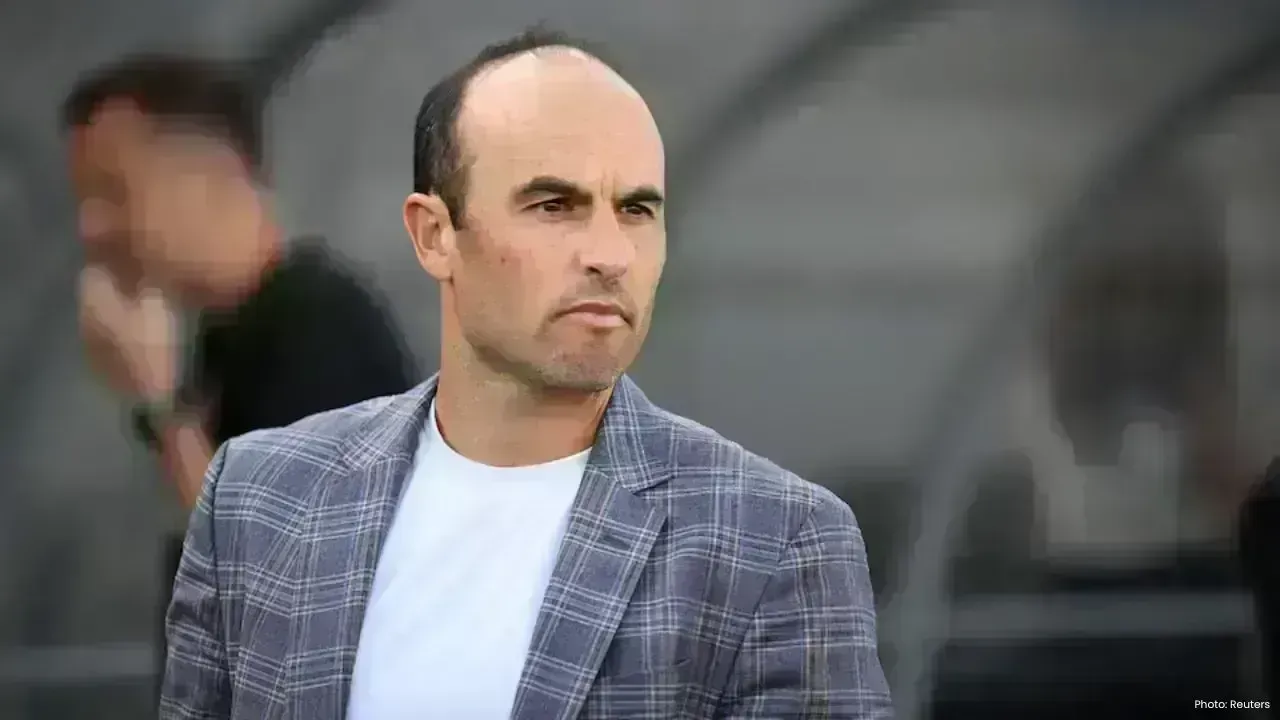
Landon Donovan Challenges Australia Coach on World Cup Prospects
Landon Donovan counters Australia coach Tony Popovic’s optimism for the World Cup, expecting an earl
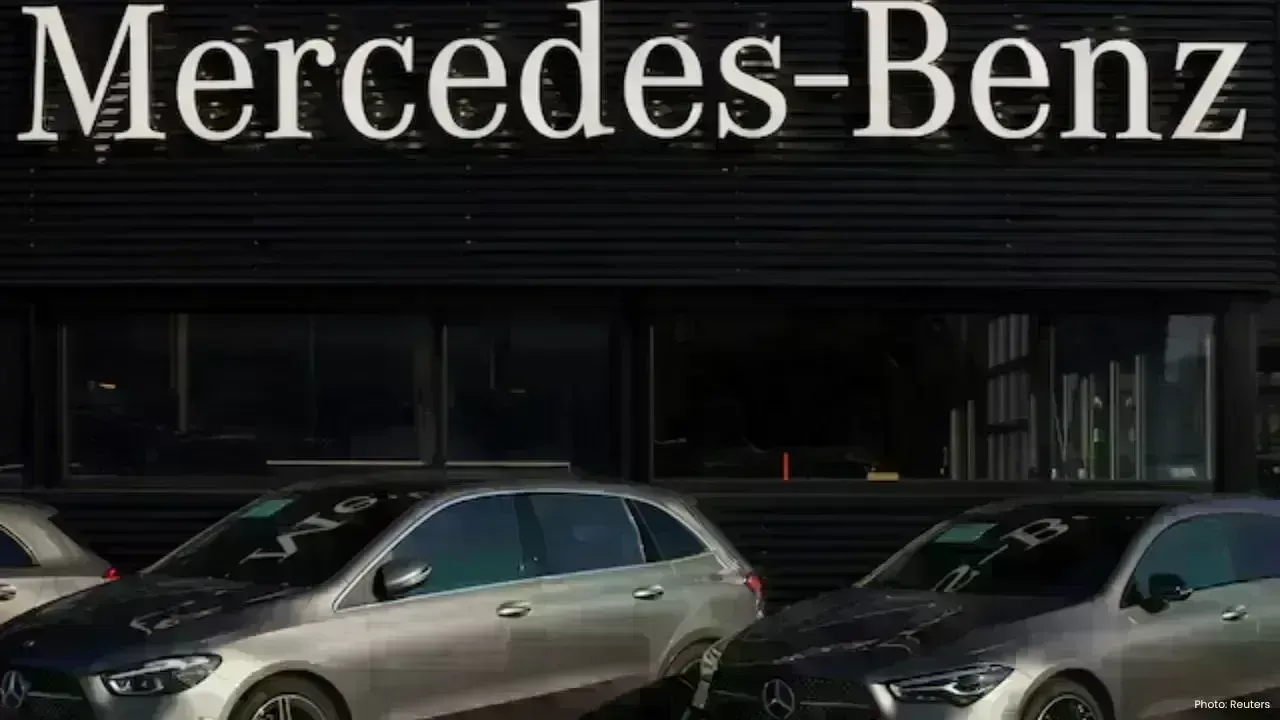
Mercedes-Benz Forms Landmark Partnership with WTA
Mercedes-Benz and the WTA unveil a significant partnership effective January 2026, with major invest

Abhishek Addresses Divorce Rumours Concerning His Family
Abhishek Bachchan confirms that daughter Aaradhya remains oblivious to divorce speculations, focusin